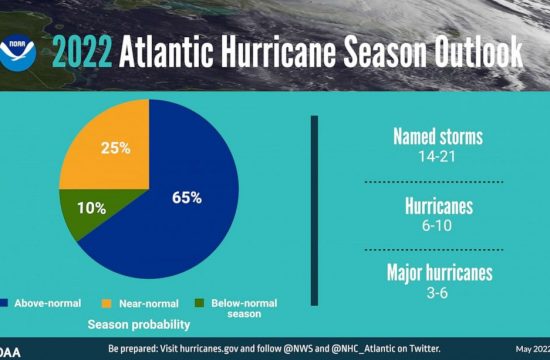There may be a wait, as many Americans won’t be able to get vaccinated just yet.
With the U.S Food and Drug Administration authorizing the Pfizer/BioNTech COVID-19 vaccine and likely authorization of Moderna’s on the horizon, the first vaccines are being delivered to medical providers and long-term care facilities in states across the country and starting to be administered this week.
But most people won’t be able to get a shot right away. Many states are prioritizing groups such as health care and other essential workers, nursing home residents and people with certain medical conditions when it comes to distributing the COVID-19 vaccine.
Over the next few months, authorities say distribution of the vaccines will follow a phased schedule that gives priority to groups of certain individuals. Those priority groups were based on a framework devised by a committee convened by the National Academies of Sciences, Engineering and Medicine.
The priority groups outlined by the Framework for Equitable Allocation of the COVID-19 Vaccine report were based on the relative risk facing certain groups as well as the broader societal needs of protecting certain groups of people, such as frontline medical workers. The goal of the work was to provide advice to federal and state government who would be devising and implementing plans for distribution of vaccines.
While states are tasked with creating their own distribution plans, most of them are following the outline set out in the report.
You can answer the questions below to find out how many people in your area may be eligible to get the vaccine before you. You’ll also find a link to more information about your state’s plan. Population estimates are based on data from the Vaccine Allocation Planner tool developed by Ariadne Labs and the Surgo Foundation.
Please note that prioritization may vary by state, and this interactive calculator is meant to give an estimate only. You may fall into a different category based on special circumstances or different requirements in your state.











